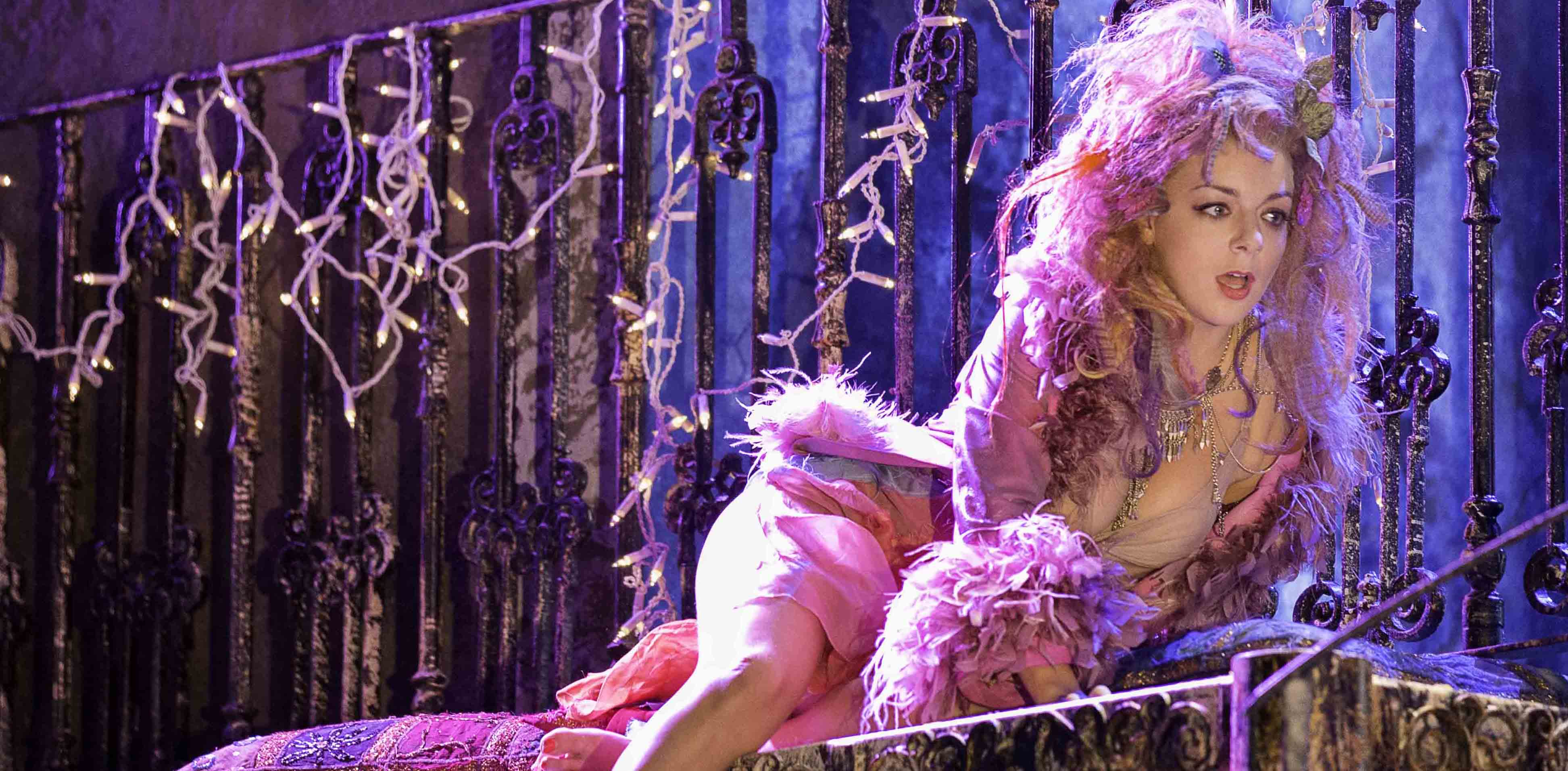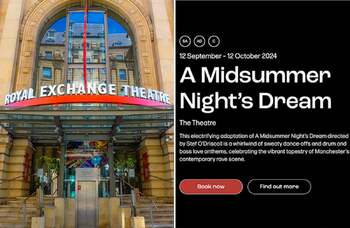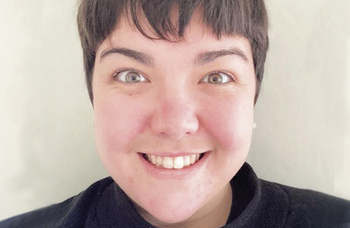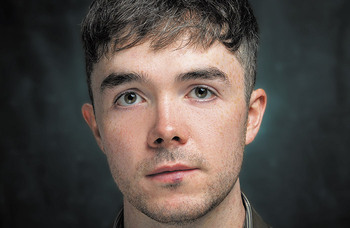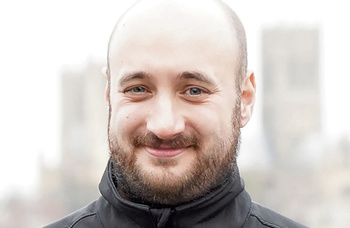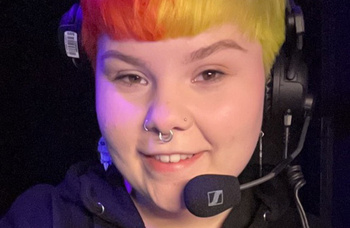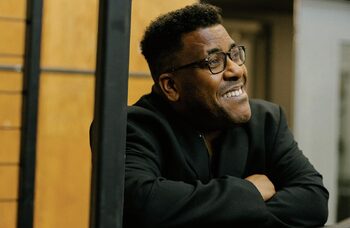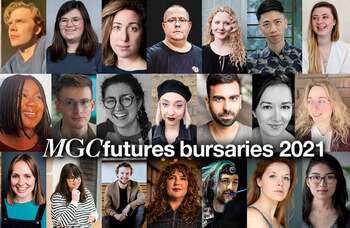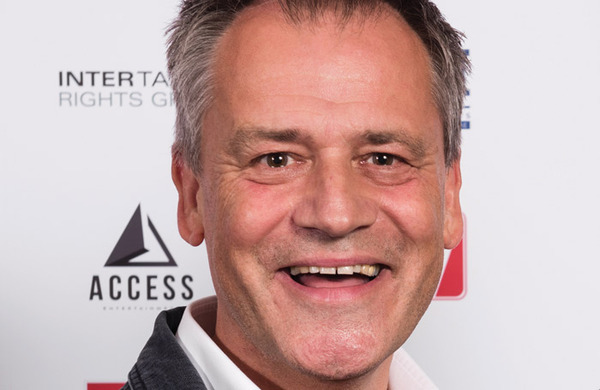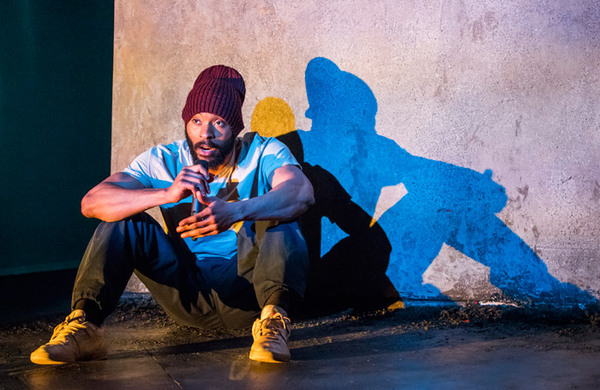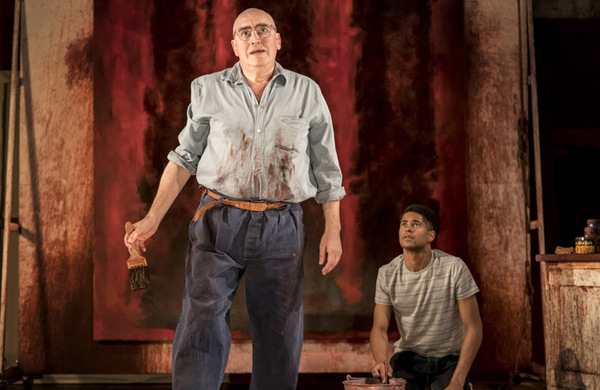The challenges of devising work
Last term was about a group of different people of all ages, backgrounds etc. learning how to work together as an ensemble. This term we’re becoming more autonomous as a company, beginning to work independently of the group’s facilitators.
A part of this involves us taking on our other roles within the company, assigning writers and directors to our groups, and taking charge of the devising process. The only experience I have of devising is at school as a part of my A level drama, and everything I remember about that was pretty hectic and messy, requiring a lot of guidance from some beleaguered teachers. Obviously this involved looking at devising companies like Complicité and Frantic Assembly. I remember we saw Frantic’s production of Beautiful Burnout as an example. But how exactly does a company go from having nothing to something?
Fortunately, Futures doesn’t have nothing to work with, we have Shakespeare’s A Midsummer Night’s Dream to respond to, which is more daunting than comforting really. Under the guidance of our facilitators, we initially divided into four groups to represent the four worlds of the play: the faeries, the lovers, the court and the mechanics. We identified themes of the play which are prominent within our worlds and swapped stories of experiences which identified from these themes and were put into prose by our writers.
But now it’s up to us to adapt (with some artistic license) the stories with the most dramatic potential for the stage through the devising process.
We’ve been watching one another’s scenes as we’ve worked so that we can give feedback, and I can’t help but wonder how coincidental it is that there’s obviously a desire to bring the scenarios described in the prose to life using physical theatre techniques, which I’d say is characteristic of Complicité and Frantic Assembly’s methods.
In contrast, the group which I’m a part of has been going in the opposite direction and stripping the story back to flesh it out with dialogue. I think that it just goes to show how important it is that we’ve started to settle into our secondary roles, as I believe this is probably due to discussions between my particular group’s writer and director.
I suppose it’s like we’re looking to the director and writer as leaders within our groups, and putting our ideas forward, it’s up to them to decide what works and what doesn’t. And I think that works really well, because however much the devising process is democratic (in the sense that we’re still listening to each other and trying out our suggestions) I think there’s got to be somebody to have a final say on what does or doesn’t work, or it would be mayhem.
I also think it was necessary that we broke into smaller groups, because this way everybody is still getting to put forward their ideas. I’ll admit I’m a shyer member of the group and don’t think I’d always be brave enough to get my voice across in a group of big personalities. I’d say what we’re currently coming to terms with is that one of the biggest parts of working as a team is trusting your director, and not being precious about your ideas because time spent arguing could be time spent devising.
Opinion
Recommended for you
More about this organisation
Advice
Recommended for you
Most Read
Across The Stage this weekYour subscription helps ensure our journalism can continue
Invest in The Stage today with a subscription starting at just £7.99
